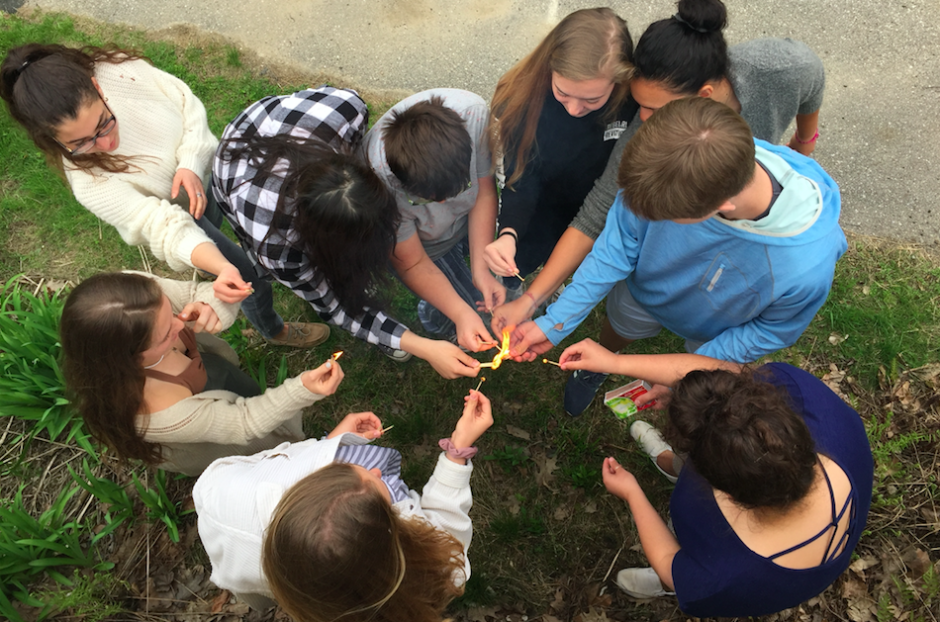
Beloved is largely looked at as a devilish ghost that has the power to be apart of the 124 families while being supernatural. Beloved has a way of entering and taking up a large part of our thoughts and forcibly our actions. At the end of chapter ten, a large and moving part of this book happens. Beloved goes into the shed at night when Paul D is about to go to sleep and begins to seduce Paul D. He stands there in the purpose of not letting Beloved get into his head. He is unsuccessful, Beloved seduces him and leads to him having sex with beloved. Paul D refers to something as a metaphor and it represents a larger theme in this book. How Paul D explains that he is a rusted tobacco tin and that he is rusted shut so that Beloved will not seduce him. She breaks the seal and the tobacco tin is cracked open, breaking the seal and causing Paul D to engage with Beloved. This represents a larger theme of how Beloved controls everyone. She controls and takes advantage of any weakness that others around her demonstrate. Beloved has the ability to control everyone even if they don’t know it. How Sethe has to put in the thought of is this going to make beloved mad or angry is something Sethe and Paul D do all the time. Beloved has raised an ego that everyone knows her by and it is one that has caused every one to see, think, be around beloved all the time because she is not only a ghost, she is everywhere.
Beloved raising an ego for her that has people standing on their toes when they think of her is something truly crazy. She has taken a strong group of many friends and destroyed it. Making every person in that group paranoid about what beloved is going to do next, what terror beloved is going to cause them now. When you instill that much fear into a group of people, you are causing so much harm it is unbelievable. The idea I am trying to convey is that Beloved, in general, has caused a lot of harm to this friend group and community. The opening of the rusted lid was a big event in that Beloved seduced Paul D, a man of strength, and caused him to want to have intercourse with her. She is sly and seductive and it caused the book to have so much anger and drama.
The theme of how a figure like Beloved and her impact on a community is so negative that they were unable to recover from such an event. The point I am trying to convey is that this action so simple like seducing another person, causes everyone to become scared, and although Paul D is the only person who is violated, the group of friends and the overall community should walk out scared and violated. Beloved is not a monster, but her actions over the course of the book cause her to build a reputation of hate and negativity. This strongly affects the people that love or used to love her, ultimately causing a vast impact on the community as a whole. This takes an ordinary community and causes it to be damaged and hurt. The way one event can be taken to hurt a great community is truly disastrous and sad. Beloved could’ve had a positive impact on the community but her impact on many people was very negative Although Beloveds identity is unknown, she has been known to different people like the ghost of a loved one of Sethe. This has room for people to love Beloved despite her benevolent actions. This greatly changed the plot of the book and caused the community to suffer.











